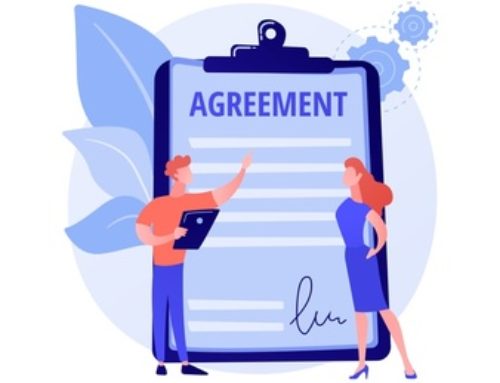Patent, trademark, and copyright laws are very crucial, especially if you wish to make use of another’s intellectual property rights or are granting rights for licensed products. Here, diligence is key. Whether you are licensing rights or would want to license rights, consulting a trademark and patent lawyer or copyright law expert will help you be familiar with what is allowed and prohibited under relevant statutes.
An experienced Washington, D.C. IP attorney can help when dealing with license agreements. After all, you would not want the other party to sue you for issues stemming from an invalid legal agreement.
– Licensor
This is the term for individuals or parties licensing rights to a licensee. Remember that the licensed rights must be from the actual owner. A license agreement with a misleading third party (which sadly happens, from time to time) could be invalid. A credible Washington, D.C. IP attorney can help explain this subject matter further.
– License terms and conditions
While this applies to most legal agreements, it is very important to clearly describe the rights being licensed in the license contract. A licensor who agrees to grant a licensee may impose his or her specific license terms, which must be clearly described in the document. Signing the contract means that both licensor and licensee agree to these terms and conditions.
– Limitations of license scope
In the context of IP rights, the license could allow the use of rights only for certain products manufactured or sold by a licensee. Having the right and license to use a trademark, for instance, may be limited to specific types of clothing, items, or products. Here, negotiation and clear paperwork would help both parties to fully benefit.
– Territory
 Usually, a licensor would only be allowed to use license agreements within a certain specific geographic limitation. This means that a licensee shall not make use of it in another country or even in another state, depending on what is agreed upon. Licensors and licensees must ensure that what they agree to after they negotiate is clearly stated in the license contract.
Usually, a licensor would only be allowed to use license agreements within a certain specific geographic limitation. This means that a licensee shall not make use of it in another country or even in another state, depending on what is agreed upon. Licensors and licensees must ensure that what they agree to after they negotiate is clearly stated in the license contract.
– Period
A license agreement is very rarely perpetual. The licensing arrangement would often take into account a period when it is valid, and if parties may opt to renew it. As such, the expiration and renewal terms of the agreement must be clear to all parties involved.
– Revocable and irrevocable clauses
Licensing terms should be under copyright and intellectual property laws.
If a license grant may be revoked, violations or events that will lead to the revocation or termination of the licensing contract must be specified. Keep in mind that signing the contract means a licensee agrees to comply with all these terms and clauses.
– Licensing fee or royalty
Royalties must be settled in a manner under the copyright act. A licensor may be entitled to an initial payment plus fixed annual or monthly payments. In some cases, licenses can be acquired in exchange for an initial fee and regular payments that depend on net sales, for example. A fixed license fee is often preferred over sales-based payments if there is a market and sales are high.
– Updates
Software license agreements would usually include the right to get relevant updates, especially those that would improve the merchantability of a licensed software product.
– Indemnification
This is an additional legal protection that is meant to protect both parties from wrongdoings, which the other party should be held liable for. This would indemnify a licensee from infringement claims from third parties, and a licensor from any misuse or unauthorized use of the licensee.
Knowing what a patent license, trademark license, or copyright license would mean, in connection with exclusive rights, can be quite difficult. When drafting or accepting a license agreement, it is vital to know what will constitute a non-exclusive or exclusive license, or what ‘expressly’ or ‘implied’ shall mean within a confidential document.
If you are planning to create, reproduce, distribute, sign, or terminate, a licensing agreement, consult with a reliable Washington, D.C. IP attorney. Contact us at War IP Law, PLLC for assistance.





